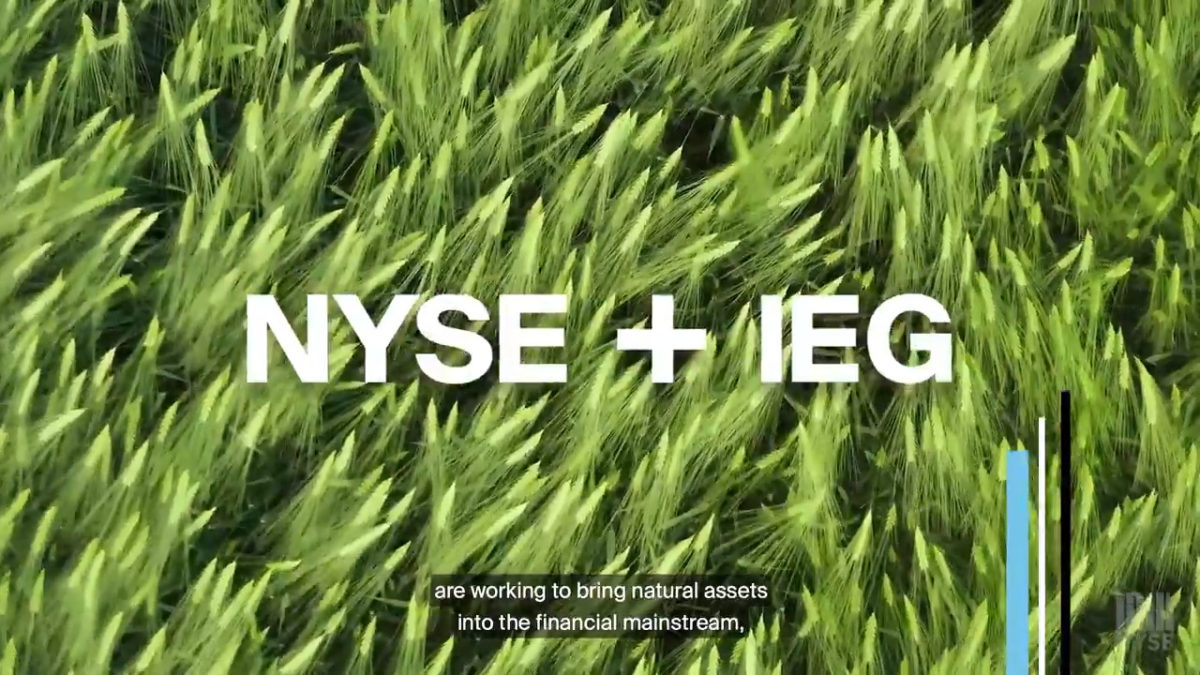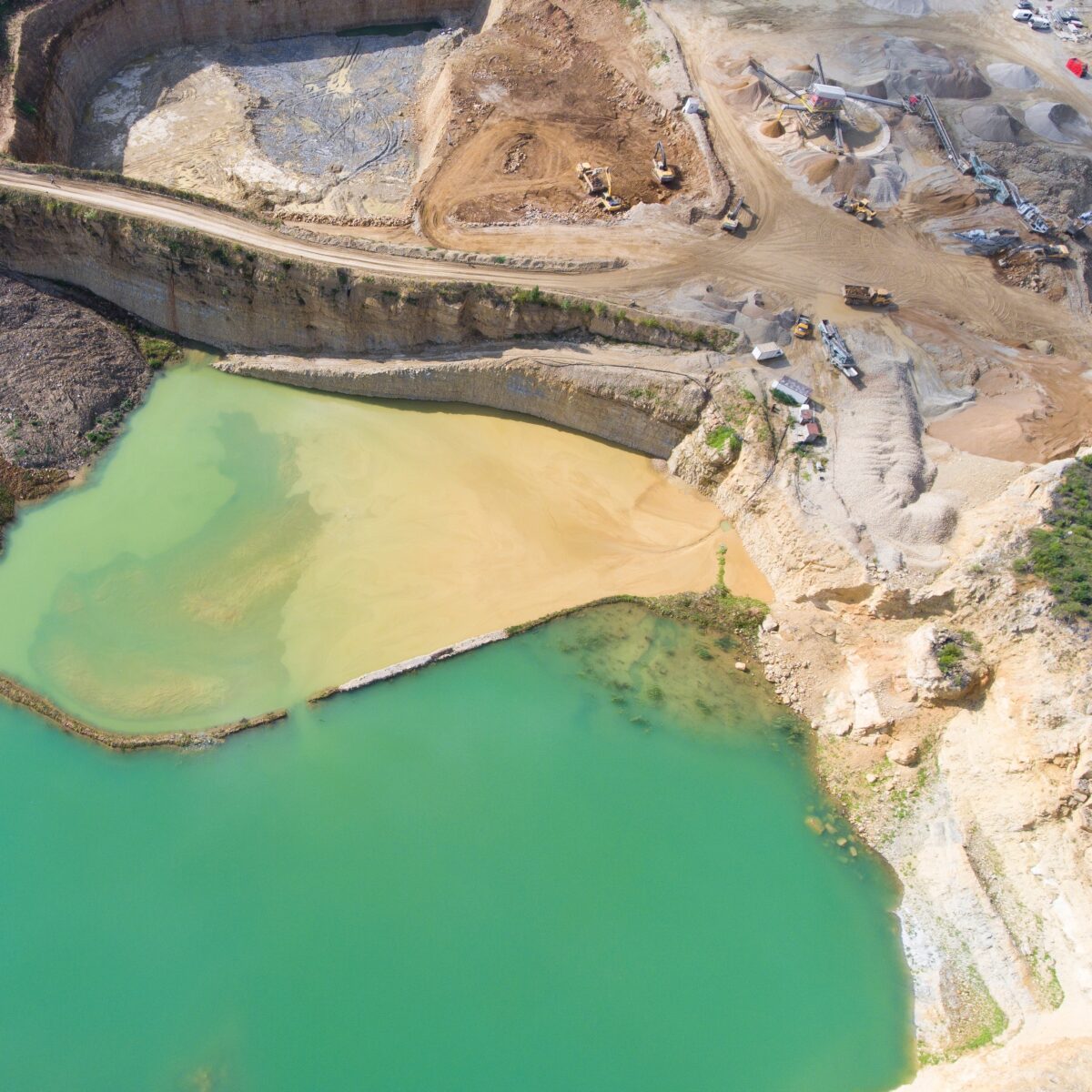Feature photo by Mayur Gala
Law is Unnatural
Without turning our hearts away from the idea of legal rights for what is called “Nature,” and without abandoning the motivating spirit that instigated this movement, we must go further and enter into right-relationship with Nature, the ground of our being.
The legal idea animating the call for universal adoption of enforceable non-human Rights of Nature can be a bridge between where we have been as a culture and where we must go as a species. It may serve as a Petri dish in which proponents experiment with new human legal relationships to the natural world. But law’s dominant purpose has historically been to protect status quo power arrangements, not to advance and institutionalize legal rights, unless they are rights attached to property, wealth, and their accumulation.
We are right to advocate for and institute legal rights for the natural world. But, true to form, the tendency of law will be to adapt itself to superficialities, including the language of Nature’s rights. The probable effect will be not a true shift of behavior but that of a brand, a meme to promote a pretended transition from the society of extraction and consumption into a society of extraction and consumption that has shed its sense of guilt.

To land here as a destination vs. a waypoint is hardly the shift of our culture’s worldview required if our true goal is to instill the change of heart that can put a stop to our collective massacre of life on Earth. All such schemes promise to further debase the community of life, including human communities. Wouldn’t you say?
Natural Gaslighting
By grudgingly pretending to care about the natural world while continuing to prey upon it, all the while resolving to attach a market value to life in all its manifestations, plutocrats and consumers perform a shallow public ritual We’re getting and giving all the lip service we could ever hope for. What’s really needed is a new sacred bond, some honor-bound oath and commitment beyond the coercive power of law. We can not continue pretending to sustainably sacrifice life on Earth, one habitat, one species at a time, to wealth and greed and consumerism. It seems like we should know that in our hearts and not need the prospect of legal jeopardy to make us stop participating in gruesome ecocide.
Plutocrats are feverishly inventing market and property-based environmental-sounding subterfuges that amount to no more than gaslighting.
Natural Asset Companies (NACs) apply monetary value to parts and functions of Nature ostensibly beneficial to humans; corporate boards appoint humans as unelected representatives of Nature, as though they can unilaterally establish an Earth-friendly republic, by letting corporate governance continue to operate at the helm.

The cooptation of rights of nature language in perfunctory laws and corporate policies that subordinate the intended Rights of Nature cultural shift to market priorities, and the valorization (assigning monetary value) of amputated aspects of creation: these are not improvements on the regulation of the rate of pragmatic destruction instituted over fifty years ago by legislation like the Clean Air and Clean Water Acts. We’ve seen how those gaslit minimalist protections of Nature’s value to humans unfolded into the environmental disasters now confronting us on a global scale.
Status quo betrayal of the transformative spirit that originally animated the Rights of Nature Movement is at hand. We should have expected it, but we shouldn’t tolerate it. We can’t end our complicity if we let the captains of capital bait and switch their way out of the called-for emancipation of Nature, so that we can continue to work their jobs and consume what they’ve extracted from us and the natural world. That would expose our complicity as a voluntary choice we are making. Wouldn’t you say?
Transitioning Away from Extractive Thinking
Words matter. They are the raw material of our thoughts. They extract and distill meaning. They shape our attitudes about the world and animate our behavior toward it, and the quality of our relationships with it, and with others.

“Rights OF Nature” is an example of how words can misguide our thinking and behavior toward the world we live in. “Rights of nature” is a framing with roots in the soil of law and governance; the very law, as John Locke declared, that “has no other end but the preservation of property.”
Our manner of expression betrays reluctance to abandon the mindset of extraction, in this case of some quality called rights from the abstraction of the real world that we call Nature. Are rights some quality, something of value to be mined and protected like precious gems, where law does the prospecting and lawyers haggle over which qualities must be protected and which can be extracted from the raw ore of the natural world?
I am trying to point out a habit of thought in which, despite our intention to protect the natural world, we continue to conceive of nature as a thing, separate and different in kind from our own essence. We name it “nature” like we name everything of use to us in the world. How can we live in harmony with Nature, which all humanity is part of, when the very words we use, as we attempt to return ourselves to our natural relationship with the world, hold the natural world at arms-length as a “thing’ in our thoughts?
Perhaps it’s difficult, after a few centuries of erecting factories and machines and ever-more synthetic environments for us to live in, to viscerally feel ourselves as part of Nature. We are used to extracting not only metallic ores and fossil fuels, but ourselves and our communities from the natural world, and yet we don’t notice the increasing distance placed between us and our natural habitat by the human-made environment. Even in defense of Nature, because our thinking has not changed from that of extractors and consumers, we can’t quite get it right.

According to Grist, “In June, state security forces in the United Republic of Tanzania engaged in a violent eviction campaign against Indigenous Maasai, shooting them and driving them from their lands . . . The violence was the Tanzanian government’s latest move in a years-long campaign to remove the Maasai and make way for game reserves, protected areas, and tourism.”
People ARE Nature, as surely as the flora and fauna that surround them. Our Indigenous relatives, like our animal and plant relatives, have not utterly forgotten their connection to reality. But we moderns have. That’s our original sin and the cause of our self-eviction from the garden of life.
Our sterile, modern mindset has roots in the process of intellectual reductionism inherited from what’s been called the Enlightenment. Reductionism, dependent as it is on extraction and dissection of the world, is the brainchild of sixteenth-century luminary Francis Bacon. He purportedly summarized how he thought an enlightened humanity should treat Nature, using his new method of scientific reductionism, this way:
“My only earthly wish is… to stretch the deplorably narrow limits of man’s dominion over the universe to their promised bounds… [Nature will be] bound into service, hounded in her wanderings and put on the rack and tortured for her secrets. I am come in very truth leading you to Nature with all her children to bind her to your service and make her your slave … the mechanical inventions of recent years do not merely exert a gentle guidance over Nature’s courses, they have the power to conquer and subdue her, to shake her to her foundations.”

Because we too are part of Nature, we will not escape suffering the turmoil and convulsions that the delusion of human exceptionalism has brought upon the community of life on Earth.The poisoned air and water, the rising seas and changing climate, the eternal silencing of millions of species: these are the inheritance of our arrogant rationalizations.
At first, we may require coercive laws to restrain the repetitive rape of Nature for liability-free profit, and to put a stop to our consumerist complicity in these obscenities. But safeguarding the natural world with the shield of law alone won’t be enough. We must internalize how important it is for us to live in right-relationship with the world from which we arose and upon which we depend for our every breath. It’s a matter of life and death. Wouldn’t you say?



